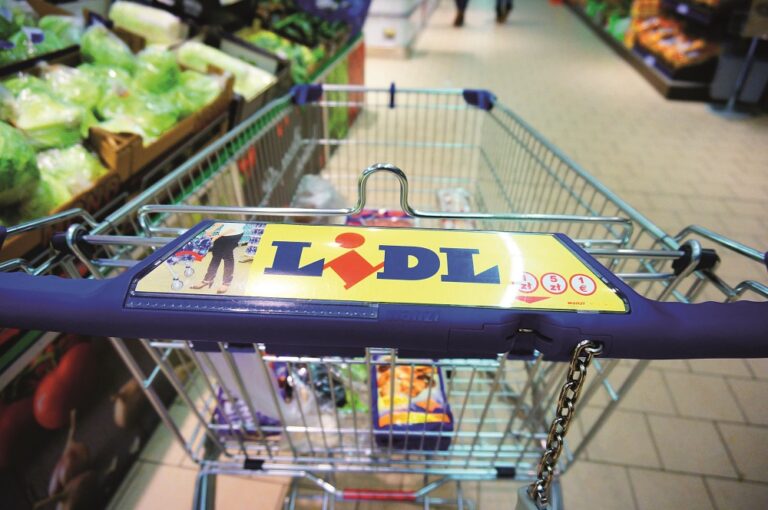The rate of grocery price inflation has fallen for the first time in nearly two years, according to the latest figures from Kantar, with four-week inflation now standing at 14.6%. Take-home grocery sales have increased by 5.9% year on year in the 12 weeks to 27 November 2022, the fastest level of growth since March 2021.
“As we move into the busiest time of the year for supermarkets, there are signs that the pace of grocery price inflation is easing off slightly as we saw a small dip of 0.1 percentage points this month – the first drop in 21 months,” said Fraser McKevitt, head of retail and consumer insight at Kantar. “Grocery inflation still has a long way to come down though and based on the current rate, shoppers will have to spend an extra £60 in December to buy the same items as last year. The cost of a traditional Christmas dinner for four has hit £31 in 2022, an example of just how much rising prices are impacting people at the tills and in their daily lives.”
The combination of inflation and festive spending means that the coming month is on course to be the biggest ever for take-home grocery sales. “December looks set to be a record-breaking month with sales going above the £12 billion mark for the first time. We’re expecting Friday 23 December to be the busiest day for pre-Christmas shopping,” said McKevitt.
“We’re seeing yet more evidence of the coping strategies shoppers are adopting to mitigate rising costs, and in particular own label sales are growing at pace, now up 11.7% year on year. The cheapest value own label lines have soared by 46.3%, but people still want to find room for treats at this time of year and this is driving growth at the other end of the spectrum too. Premium own label sales are up by 6.1% to £461 million in November.”
The strong growth of the discounters continued over the latest 12 weeks with both Aldi and Lidl opening new stores across Britain. Lidl’s year-on-year sales increased by 22.0%, pushing its market share to a record 7.4%. An additional 1.5 million households shopped with Aldi compared with 2021 as it grew sales by 24.4% to claim 9.3% of the market.
Asda’s sales grew ahead of the sector, up by 6.1%, keeping its share steady at 14.0%. Tesco’s market share is at 27.2% as its sales rose by 3.9%. The second largest retailer, Sainsbury’s, pushed up sales by 4.3% this period.


